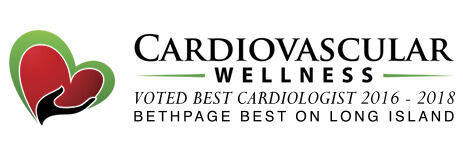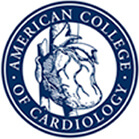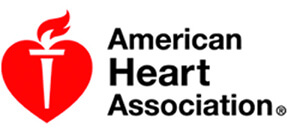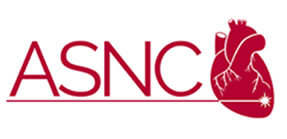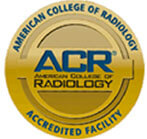Reasons for an Echocardiogram
- Posted on: Sep 9 2019
What are the possible reasons for my doctor ordering an echocardiogram?
An echocardiogram is a noninvasive procedure that uses ultrasound (sound waves) to examine the heart’s structural integrity and functioning. A transducer, which is a hand-held wand, is held to the chest in certain locations and angles and emits sound waves. These sound waves painlessly enter the body and hit the walls and valves of the heart and then bounce or echo back to a computer. Once the data reaches the computer, imaging software transforms the sound waves into images that a cardiologist can use to assess the functioning of the heart.
Why is an echocardiogram used?
Your doctor may recommend an echocardiogram for a variety of reasons, such as a follow-up to a medical or surgical procedure, checking on the progress of some type of heart issue or disease or simply assessing your basic heart health. Often, however, an echocardiogram is scheduled for a more specific purpose or in response to certain symptoms or indicators. Some of these include:
- Atherosclerosis – arterial clogging brought on by a buildup of fatty substances in the bloodstream.
- Cardiomyopathy – this is where the heart muscle becomes enlarged and can result in it being harder for the heart to pump the blood to the body.
- Congenital heart disease – heart birth defects. An example of this would be a hole in the wall between the left and right ventricles.
- Heart failure – a compromised ability to pump efficiently due to the heart muscle becoming weak or stiff. When this becomes chronic, it is called congestive heart failure, which is characterized by the buildup of fluid in the lungs and blood vessels and swelling in the ankles and feet.
- Aneurysm – when a spot on the heart muscle or the aorta becomes weak, it can begin to balloon out. With an aneurysm, there is the ever-present danger that it may rupture.
- Heart valve disease – the valves in the heart have the important function of controlling the amount of blood that flows into and out of different chambers of the heart. Depending on the cause, the valves may become damaged and either allow blood to flow the wrong way due to a leaky valve or become narrowed and decrease the flow.
- Tumor – a cardiac tumor may appear on the surface of the heart or within the chambers or muscle tissue.
- Pericardial effusion (pericardial tamponade) – surrounding the heart is a sac called the pericardium and if it develops an infection or fills with some sort of fluid, the ability of the heart to pump becomes compromised, resulting in a drop in blood pressure, often accompanied with dizziness or lightheadedness
- Pericarditis – when the sac surrounding the heart develops an infection or inflammation
- Atrial or septal wall defects – defects between the chambers of the heart, which can result in inadequate blood flow and heart failure.
The echocardiogram is an extremely valuable tool for your cardiologist to use in diagnosing issues with your heart. It is typically done on an outpatient basis, takes an hour or less and carries no risk.
Schedule an Appointment with Cardiovascular Wellness Today
At Cardiovascular Wellness, our mission is to provide outstanding, timely and personalized care to all of our patients. We are committed to improving your quality of life by designing a comprehensive plan of heart care, individualized to your needs.
Information on locations and office hours for Cardiovascular Wellness can be found by clicking here.
Posted in: Heart Monitoring
